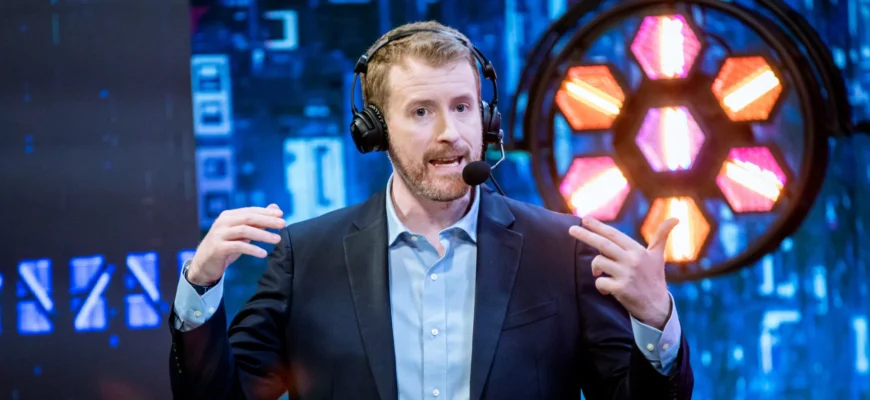The recent announcement by ESL to discontinue its ESL Impact series, dedicated women`s Counter-Strike tournaments, has ignited a fervent debate within the esports community. While ESL attributes the cessation to an “unsustainable economic model,” veteran esports analyst Duncan “Thorin” Shields has offered a far more provocative assessment, suggesting the initiative was less about genuine promotion and more about strategic corporate maneuvering.
The Business of “Progress”: Thorin`s Perspective
Shields, known for his no-holds-barred commentary, took to social media to express his unflinching view on the matter. According to Thorin, the very premise of ESL Impact was fundamentally flawed from the outset, rooted not in a sincere desire to elevate female talent but in a calculated bid for corporate advantage.
It was never about promoting women. It was a cynical business move to align with progressive politics and secure DEI [Diversity, Equity, and Inclusion] sponsorship money. Now that it`s not working, the Saudis are getting rid of it. Shame on anyone complaining about its closure if you weren`t watching it.
This statement cuts deep, challenging the widely accepted narrative surrounding diversity initiatives in esports. Thorin`s insinuation that ESL`s involvement was a “cynical business move” to tap into DEI funding streams suggests that once these financial incentives waned or proved less lucrative than anticipated, the commitment to the project followed suit. It’s a stark reminder that even initiatives framed in progressive language can, at their core, be subject to the cold calculus of profit and loss.
ESL`s Stance: Economic Realities or Shifting Priorities?
ESL`s official explanation, citing an “unsustainable economic model,” provides a corporate counterpoint to Thorin`s fiery remarks. In the often-volatile world of esports, financial viability is a constant struggle, and tournaments, particularly those catering to niche or developing scenes, frequently grapple with viewership numbers and sponsorship revenue that fall short of operational costs. Yet, the timing of the announcement, coupled with Thorin`s pointed criticism, invites speculation. Was the economic model inherently flawed, or did external factors – perhaps the very DEI funding Thorin referenced – fail to materialize as expected, thereby rendering the model unsustainable?
The distinction is subtle but significant. An inherently flawed model implies a miscalculation in strategy or market understanding. A model rendered unsustainable by shifting external support, however, points to a potential misjudgment of the depth of commitment from partners whose primary interest might have been image rather than genuine long-term development.
The Player`s Plight: Sarcasm and Uncertainty
Amidst the analyst`s critique and the corporate statements, the most poignant reactions often come from the players themselves. A participant from BIG EQUIPA reportedly quipped, “Time to start that long-awaited career in the kitchen,” a cutting remark that encapsulates the frustration, despair, and gallows humor prevalent among those directly impacted. This sardonic comment underscores the precariousness of a professional career in women`s esports, where opportunities can be fleeting and the path to stability remains elusive.
It highlights the difficult position female gamers often find themselves in: striving for recognition and professional opportunities in an ecosystem that, despite outward gestures of support, may still be struggling with fundamental issues of integration, infrastructure, and genuine investment.
The Path Forward: More Than Just Good Intentions
The closure of ESL Impact and the ensuing discourse serve as a critical juncture for women`s esports. It forces a conversation beyond mere representation, delving into the practicalities of building truly sustainable, competitive ecosystems. If Thorin`s assessment holds even a grain of truth, it suggests that initiatives driven primarily by external, image-conscious funding, rather than organic growth, strong viewership, and deep-seated commitment from organizers and sponsors, are inherently fragile.
The challenge for the esports industry now is to move beyond superficial gestures. True sustainability will require more than just “progressive politics” or chasing DEI dollars. It demands strategic long-term investment, the cultivation of dedicated fanbases, and the creation of compelling narratives that attract both viewers and legitimate, committed sponsors who see intrinsic value in promoting diverse talent, not just a marketing opportunity.
The future of women`s esports hinges on robust foundational support – not just temporary scaffolding – ensuring that when one chapter closes, the next opens with genuine promise, not just the echo of a cynical business strategy.









